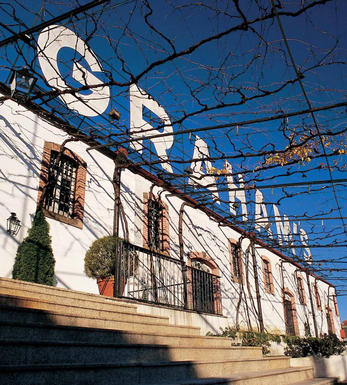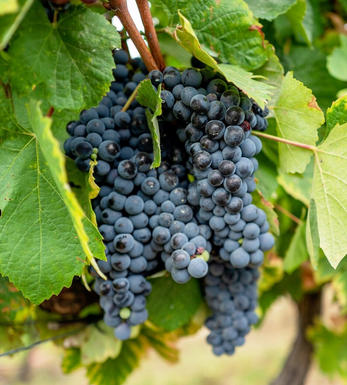
About this WINE

Graham
W & J Graham was originally a Glasgow-based textiles firm, founded by two brothers William and John Graham, which became port shippers in the early 1800s. The family already had extensive business interests in Scotland and India but they decided to channel their considerable resources and energy towards the pursuit of the Port industry.
Later that century, a young Scot called Andrew James Symington emigrated to work for Graham's, but, losing interest in textiles, he became a successful port shipper and his descendants today now own Graham's, which is the jewel in the crown of the Symington Group.
The Symington family’s ancestry in the Port trade spans a period of over 350 years, through 13 generations with 5 members of the family currently actively involved in Graham’s day to day management.
Throughout the 19th century Grahams rapidly grew and went from strength to strength and in 1980 they became one of the first Port companies to invest in Upper Douro vineyards with the acquisition of Quinta dos Malvedos. Since then Quinta dos Malvedos has been recognized as one of the Douro Valleys finest ‘river quintas’.
The Port wines from Quinta dos Malvedos form the backbone of Graham’s renowned Vintage Port in declared years. The vineyard produces Ports with floral characteristics, opulent blackberry fruit aromas backed by well balanced tannins.
Graham's Vintage Ports are the epitome of richness and concentration, and this is reflected right through their range of wines from ruby to vintage classics. They are Port wines with innate quality and potential for long-term ageing.

Port Blend
There are around 40 different grape varieties permitted in the production of Port - however the vast majority of Ports are produced from a blend of 5 grapes - Touriga Nacional, Touriga Francesca, Tinta Barroca, Tinta Roriz, and Tinto Cão.
Touriga Nacional produces small, dark-skinned grapes that produce opaque black wines of great extract and high tannins - it gives grip, body, and structure to the blend.
Touriga Franca has a thinner skin and consequently produces wines lighter in colour and tannins than Touriga Nacional. It contributes fruit, aroma, suppleness and roundness.
Tinta Roriz is the Portuguese name for Tempranillo and its high sugar content and low acidity contribute colour and fruit.
Tinta Barroca which is normally grown at highish altitudes and on north-facing slopes, is prized for producing wines of delicacy, finesse and with smooth, velvety fruit. It brings elegance and sweet, ripe fruit to the final blend.
Finally Tinto Cão produces fine and complex wines, though it is probably the least important of the 5 grapes as its painfully small yields have reduced plantings to almost insignificant levels.



Buying options
Description
Striking mahogany, with hints of amber at its rim, the wine has an extraordinary aromatic intensity, redolent of old libraries, autumnal bonfires and distant poetry. The palate is profound and majestic, astonishingly intense and powerful, regal in its complexity, a timeless elixir. Notes of molasses, dried apricot, figs and clove, dance across the palate, elegant and symphonic in their structure, dignified and profound. Orange zest freshness and finely-wrought tannins underwrite structural harmony with the long finish indulging a gentle nostalgia and a real sense of worth.
(Simon Field MW, Berrys’ Port Buyer)
Presented in a custom-made gift box.
Graham’s Colheita Port Vintage 1952 is a 60 year old single-vintage Tawny Port (the official name for vintage dated Tawnies is Colheita), released to commerate the Queen’s Diamond Jubilee. It’s fabulous and expensive, but good value when you compare it to other fine wines with this much complexity and interest.The palate is rounded, intense and lively with warm, complex, almost impossibly intense flavours of raisin, spice, herbs and citrus fruits. Power and precision.
(96/100 points - Jamie Goode - wineanorak.com- April 2012)
wine at a glance
Delivery and quality guarantee